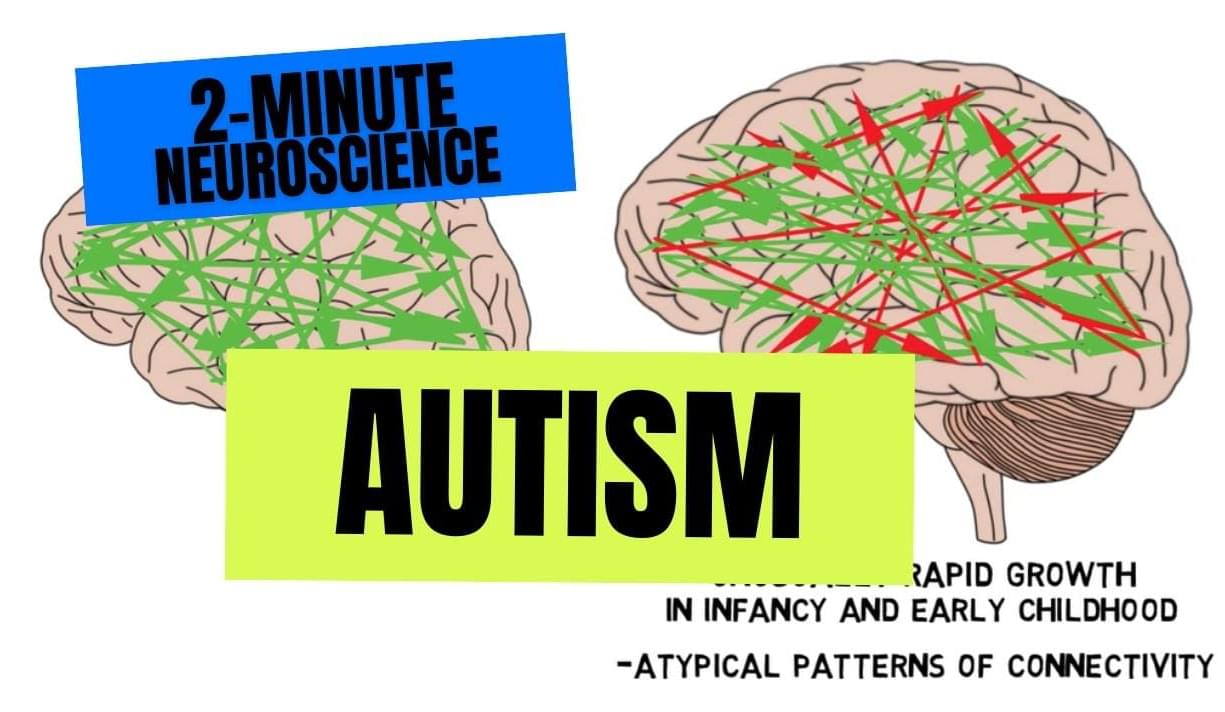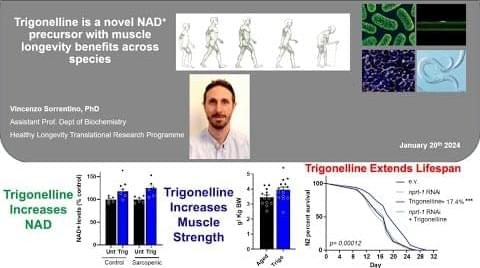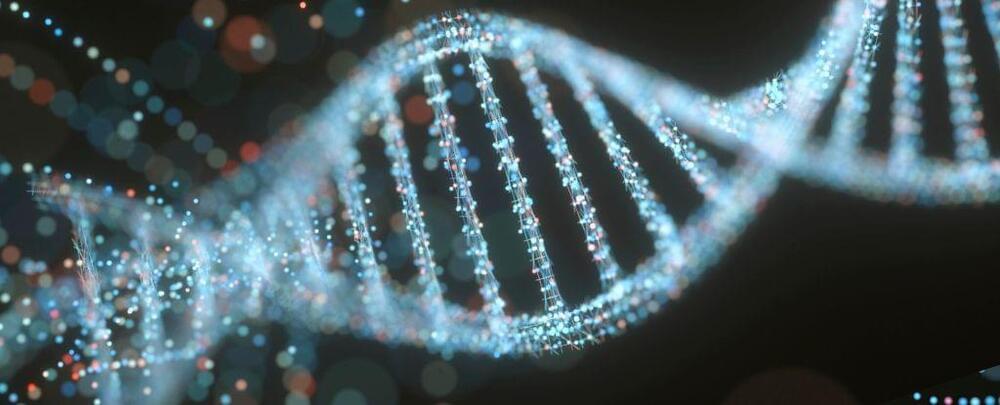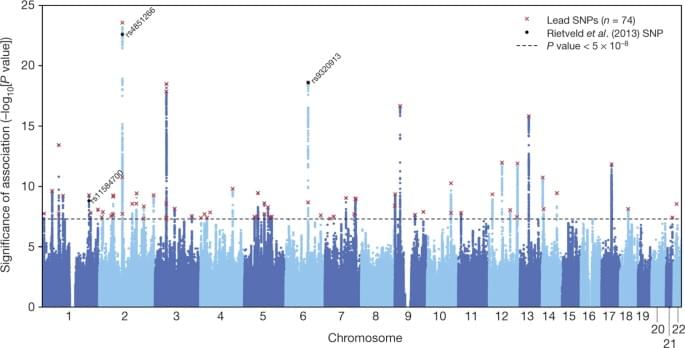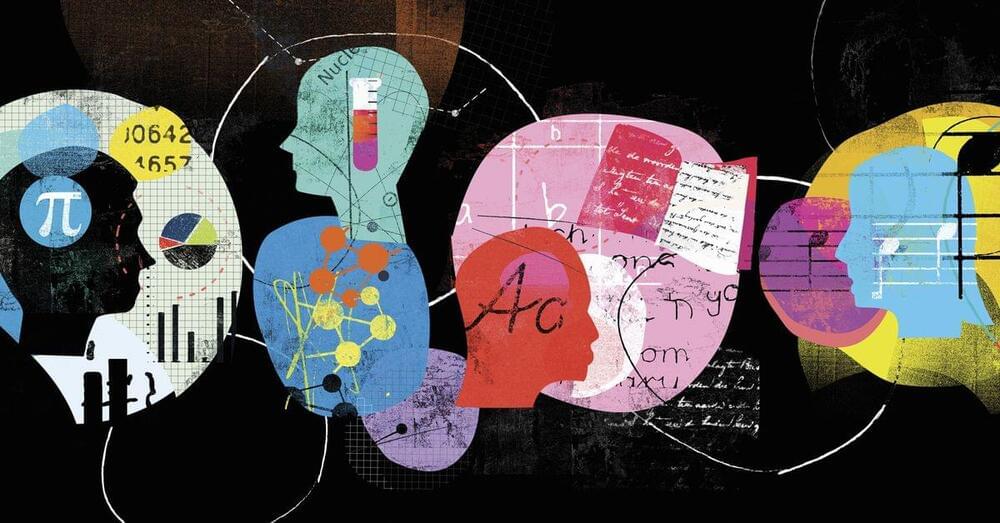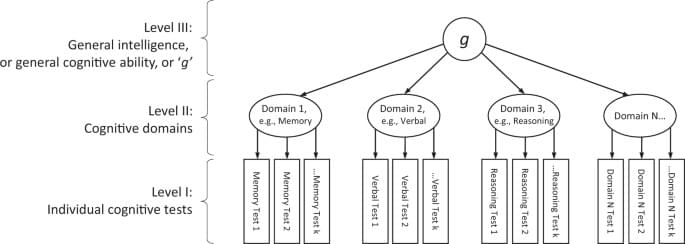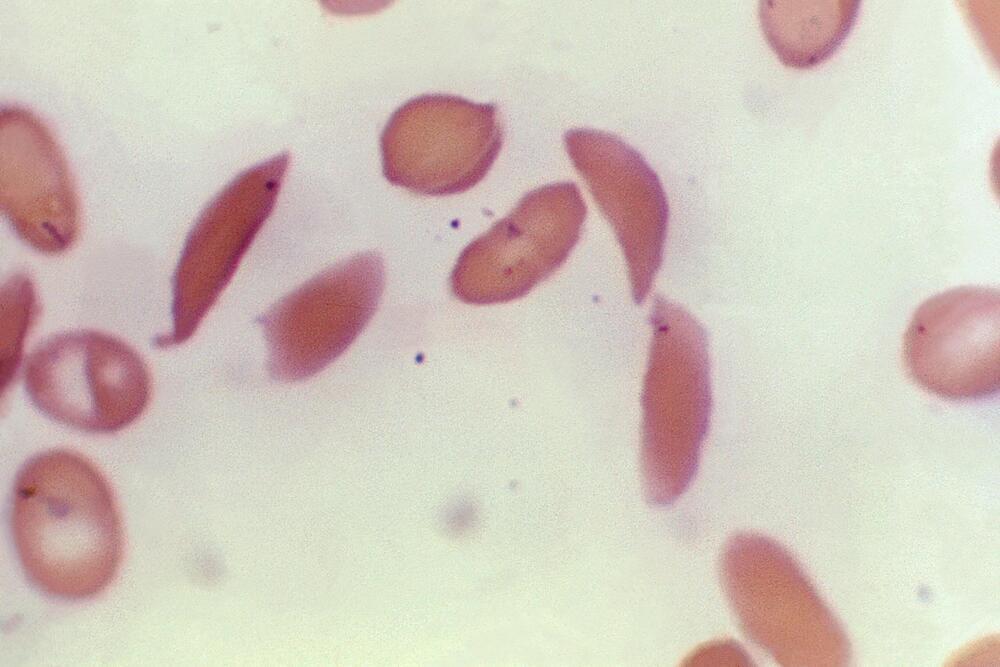Jan 22, 2024
Accidental Discovery: How a Whiff of an Unusual Chemical Transforms Seedlings Into Super Plants
Posted by Dan Breeden in categories: chemistry, energy, genetics
Researchers have found that treating seeds with ethylene gas increases both their growth and stress tolerance. This discovery, involving enhanced photosynthesis and carbohydrate production in plants, offers a potential breakthrough in improving crop yields and resilience against environmental stressors.
Just like any other organism, plants can get stressed. Usually, it’s conditions like heat and drought that lead to this stress, and when they’re stressed, plants might not grow as large or produce as much. This can be a problem for farmers, so many scientists have tried genetically modifying plants to be more resilient.

